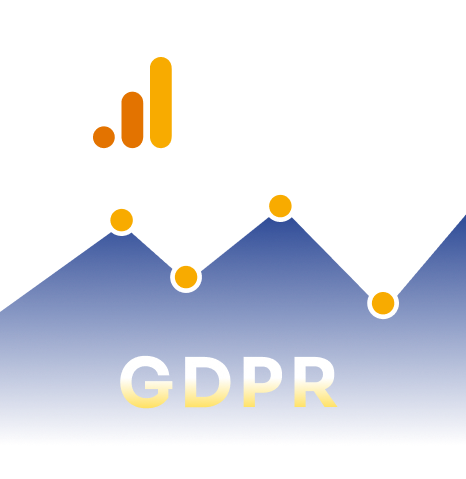Introduction
Google Analytics 4 (GA4) is a powerful web analytics tool that allows businesses to track and report website traffic and user behavior. GA4 is the latest version of the Google Analytics platform, which has been in existence for over 15 years. With the increasing focus on data protection and privacy, it is important for businesses to understand how GA4 handles data protection under the General Data Protection Regulation (GDPR). This article will provide an in-depth look at the data collection, processing, and protection mechanisms used by GA4, as well as the compliance risks associated with using the platform. It will also explore the history of Google Analytics and its evolution to become one of the most widely used web analytics tools in the world.
Evolution of Google Analytics: from GA Universal to GA4
Google Analytics was first launched in 2005 as a free web analytics service for website owners. The first version of Google Analytics, known as Google Analytics Classic or Universal Analytics, was a basic web analytics platform that allowed businesses to track website traffic, bounce rates, and other basic metrics. Over the years, Google Analytics has evolved to become a more powerful and versatile platform, with new features and capabilities that allow businesses to gain deeper insights into their website visitors and user behavior.

In 2016, Google announced that it would be launching a new version of Google Analytics, known as Google Analytics 4 (GA4). GA4 is a significant upgrade to the platform, with new features such as cross-device tracking, user-centric data collection, and built-in machine-learning capabilities. These new features allow businesses to gain a more comprehensive understanding of their digital customers and to make data-driven decisions that can help them to improve their digital marketing efforts.
Data transfers
As of 2020, GA4 still needs to be fully GDPR compliant, despite implementing extra privacy features. GA4 still has yet to reach a consensus with the European regulators regarding data transfer between the EU and the USA. There are also other selected features, like data sharing between other Google products, which would breach the GDPR law. As a result, businesses must also be aware of these issues and take extra precautions to ensure compliance with GDPR and other data privacy laws.
Data collection and processing in Google Analytics 4
Google Analytics 4 collects data from website visitors using cookies and JavaScript code. The data collected includes device data, location data, and the user’s IP address. GA4 also uses Google Signals, a feature that allows businesses to combine data from their website, apps, and ads to gain a more comprehensive understanding of their audience. Additionally, GA4 allows businesses to collect analytics data and track users across different devices and platforms, providing more accurate and actionable insights. This allows businesses to see the full customer journey and track users across different devices and platforms, providing a more accurate picture of customer behavior.
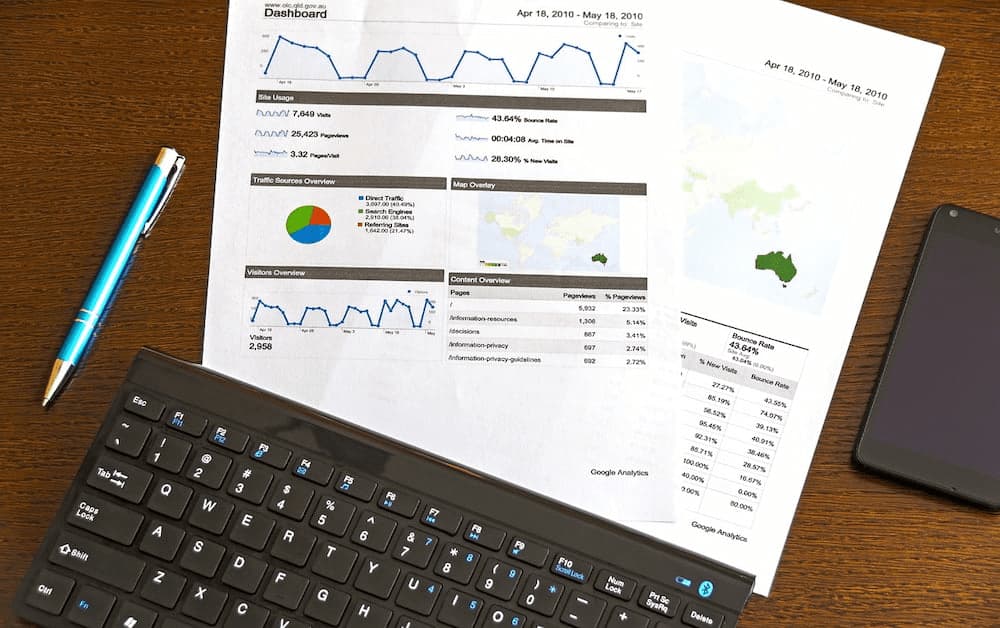
IP addresses anonymization feature
One important aspect of data protection in GA4 is the default IP anonymization feature. This feature automatically anonymizes IP addresses in certain regions, such as the European Union, to protect the privacy of website visitors. This means that GA4 will not collect or store the full IP address of a user, but instead, it will store only a truncated version of the IP address. By using this feature, businesses can ensure that the data they collect and the process is not personally identifiable information (PII) and that it is compliant with data privacy laws and regulations, such as GDPR.
Data retention in Google Analytics 4
GA4 provides businesses with the ability to set data retention durations. This feature allows businesses to set how long Google will store their data, which can help businesses to comply with data retention policies and regulations. Businesses can choose to store data for a set period of time, such as 180 days, or they can choose to store data indefinitely. This feature enables businesses to manage their data storage efficiency and to comply with data privacy laws and regulations that require businesses to delete personal data after a certain period of time.
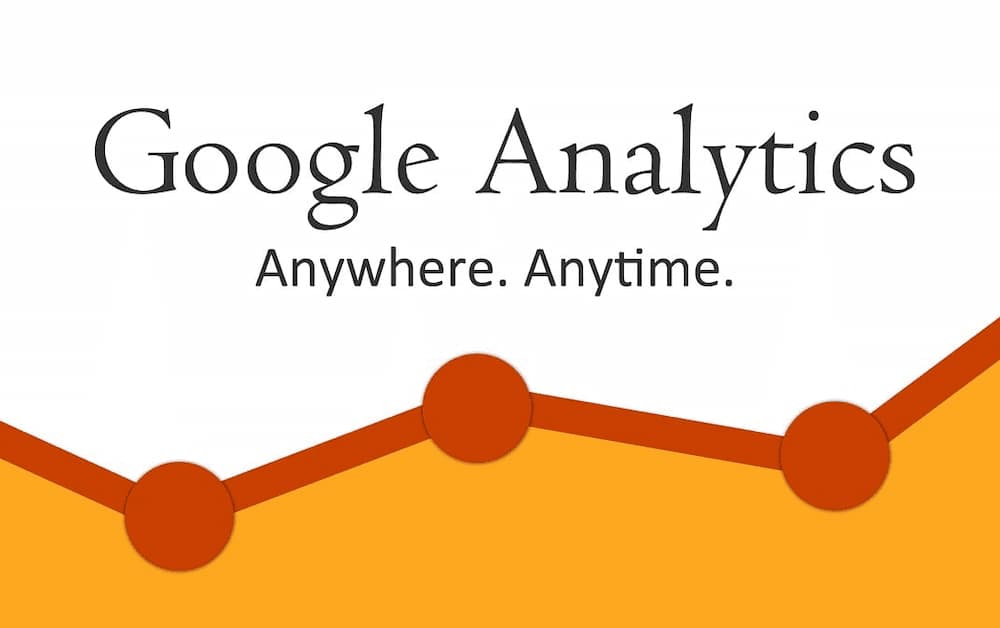
Data anonymization in Google Analytics 4
Another important data privacy feature of GA4 is data anonymization. This feature ensures that businesses do not collect or store the personal data of their users. Google uses a technique known as IP masking to anonymize IP addresses. This technique truncates the last octet of an IP address before the data is stored. This ensures that the stored data is not linked to a specific individual and that the data is protected from breaches. Additionally, GA4 allows businesses to enable a feature called “User ID” that allows them to track user behavior across multiple devices and platforms. This feature is also designed to be used in a way that it does not collect or store the personal data of its users.
Data sharing in Google Analytics 4
Data sharing is another crucial aspect of data protection in GA4. GA4 allows businesses to share data with other Google products, such as Google Ads. However, businesses must ensure that they have obtained explicit consent from users before sharing their data and that they have implemented appropriate technical and organizational measures to protect user data. This includes providing clear and easy-to-find information about data sharing in the privacy policy and offering clear and easy-to-use opt-out mechanisms for users who don’t want their data to be shared.
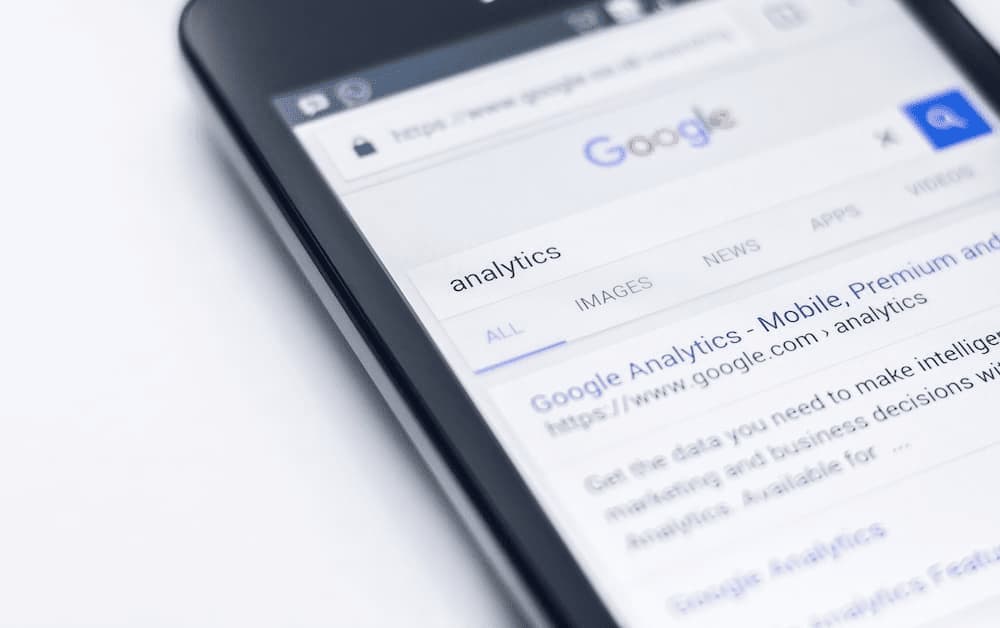
Data processing mechanism in Google Analytics 4
The data processing mechanism in GA4 is designed to ensure compliance with data protection laws and regulations. GA4 uses a variety of data security measures to protect user data from unauthorized access and breaches. These measures include data encryption, data storage duration, and designated regional storage locations. Businesses can also set data storage durations, which can help them to comply with data retention policies and regulations. Additionally, GA4 allows businesses to choose a designated regional storage location for their data. This allows them to comply with data protection laws and regulations that may vary depending on the location of the data storage.
Data privacy controls in Google Analytics 4
GA4 offers a number of data privacy controls to give businesses more granular control over data collection and sharing. For example, businesses can limit the data that is collected and shared and can choose to opt-out of certain features such as advertising personalization. Additionally, businesses can limit GA4 usage by setting data storage durations and by choosing a designated regional storage location for their data. This allows businesses to have complete control over their data and to ensure compliance with data protection laws and regulations.

Data deletion mechanism in Google Analytics 4
GA4 also offers a data deletion mechanism, which allows businesses to delete data associated with specific users upon request. This feature is vital for businesses that need to comply with data retention policies and regulations or for businesses that handle sensitive personal data. This feature allows businesses to comply with data protection laws and regulations that require businesses to delete personal data upon request.
Compliance with data protection laws and regulations
To ensure compliance with data protection laws and regulations, GA4 works closely with data protection authorities such as the French data regulator CNIL and Swiss federal data protection. This partnership helps to ensure that GA4 stays up-to-date with the latest data protection requirements and that businesses using GA4 are able to comply with these requirements. Additionally, GA4 has implemented a compliance risk management framework that allows businesses to assess the risks of using GA4 and to implement the necessary measures to ensure compliance with data protection laws and regulations.
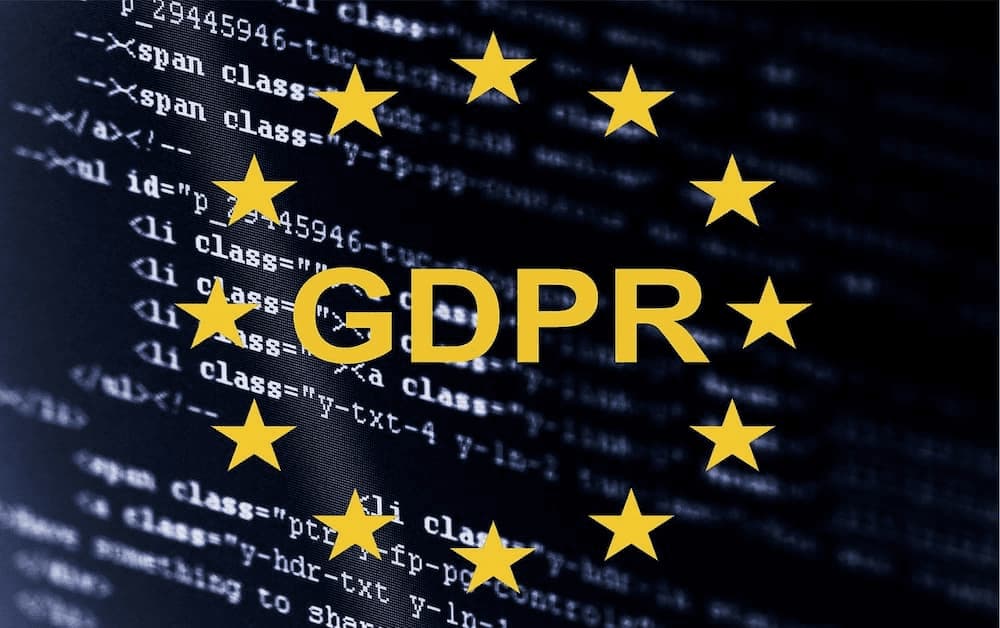
Conclusion
Google Analytics 4 offers robust features and capabilities for businesses to gain insights into their digital customers’ behavior. GA4 has implemented several extra privacy features to ensure compliance with GDPR, such as data retention durations, data anonymization, and data sharing controls. It is important for businesses to be aware of the limitations and to take extra steps to ensure compliance with GDPR. This includes obtaining explicit consent from users, limiting data sharing, implementing data storage durations, and choosing a designated regional storage location for their data. Additionally, businesses should always be aware of other data privacy laws and regulations that may apply to their operations in addition to GDPR, such as the California Consumer Privacy Act (CCPA) and the Personal Data Protection Act (PDPA) in Singapore, for example.
In summary, Google Analytics 4 is a valuable tool, but it is important for businesses to ensure that they comply with data protection laws and regulations to protect users’ personal data. This includes being transparent about their data collection and processing practices, providing clear and easily accessible information to users about their data privacy rights, and implementing the appropriate technical and organizational measures to protect user data. By doing so, businesses can gain valuable insights into their customers’ behavior while also protecting the privacy of their users and staying compliant with data protection laws and regulations.

